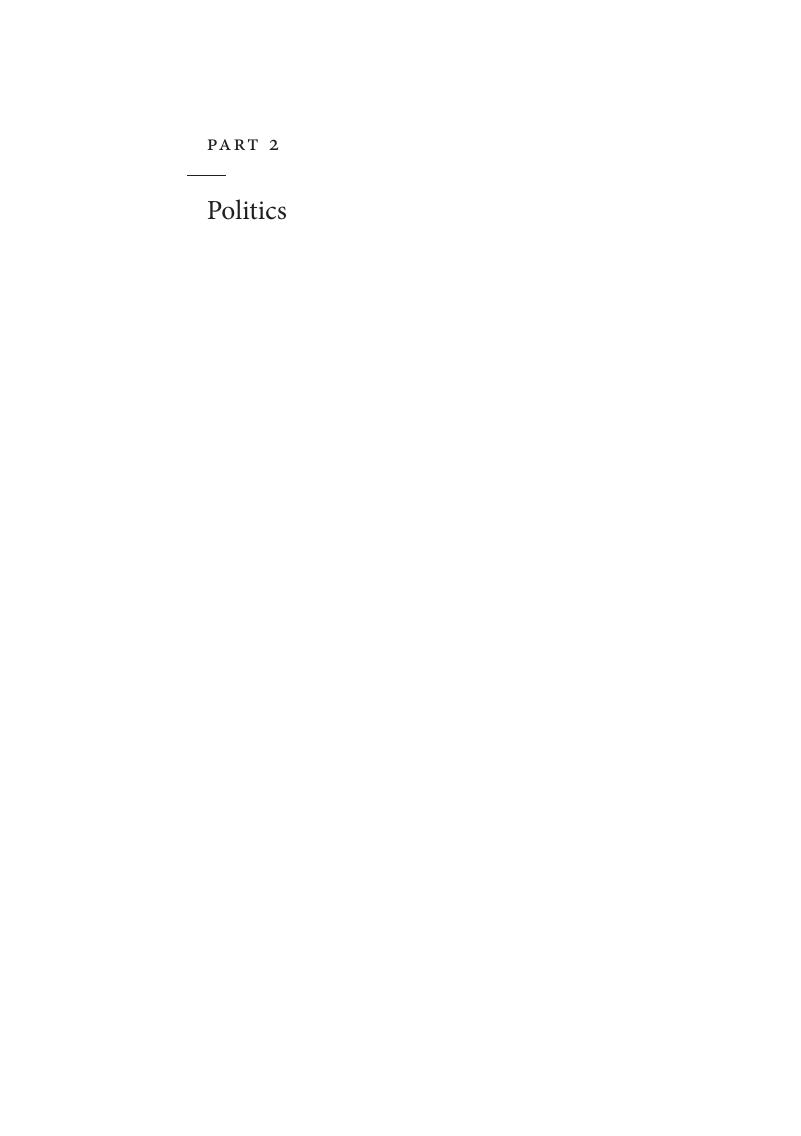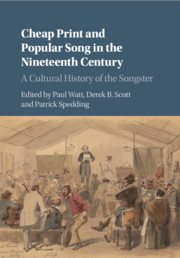Book contents
- Cheap Print and Popular Song in the Nineteenth Century
- Cheap Print and Popular Song in the Nineteenth Century
- Copyright page
- Contents
- Figures
- Tables
- Contributors
- Acknowledgements
- 1 The Nineteenth-Century Songster: Recovering a Lost Musical Artefact
- Part 1 Production, Function and Commerce
- Part 2 Politics
- Part 3 Nation, Place and Purpose
- Index
- References
Part 2 - Politics
Published online by Cambridge University Press: 07 April 2017
- Cheap Print and Popular Song in the Nineteenth Century
- Cheap Print and Popular Song in the Nineteenth Century
- Copyright page
- Contents
- Figures
- Tables
- Contributors
- Acknowledgements
- 1 The Nineteenth-Century Songster: Recovering a Lost Musical Artefact
- Part 1 Production, Function and Commerce
- Part 2 Politics
- Part 3 Nation, Place and Purpose
- Index
- References
Summary

- Type
- Chapter
- Information
- Cheap Print and Popular Song in the Nineteenth CenturyA Cultural History of the Songster, pp. 71 - 158Publisher: Cambridge University PressPrint publication year: 2017
References
Songsters Referred To in the Text
Campaign songsters can also be found in collections held by the American Antiquarian Association, the Library Company of Philadelphia, the Library of Congress, Harvard University Library, the University of Pennsylvania Library, and the New York Public Library.
Songsters Not Referred To in the Text
The following titles are not referred to directly, but are closely related to the subject matter of the chapter and may be of interest to readers.



